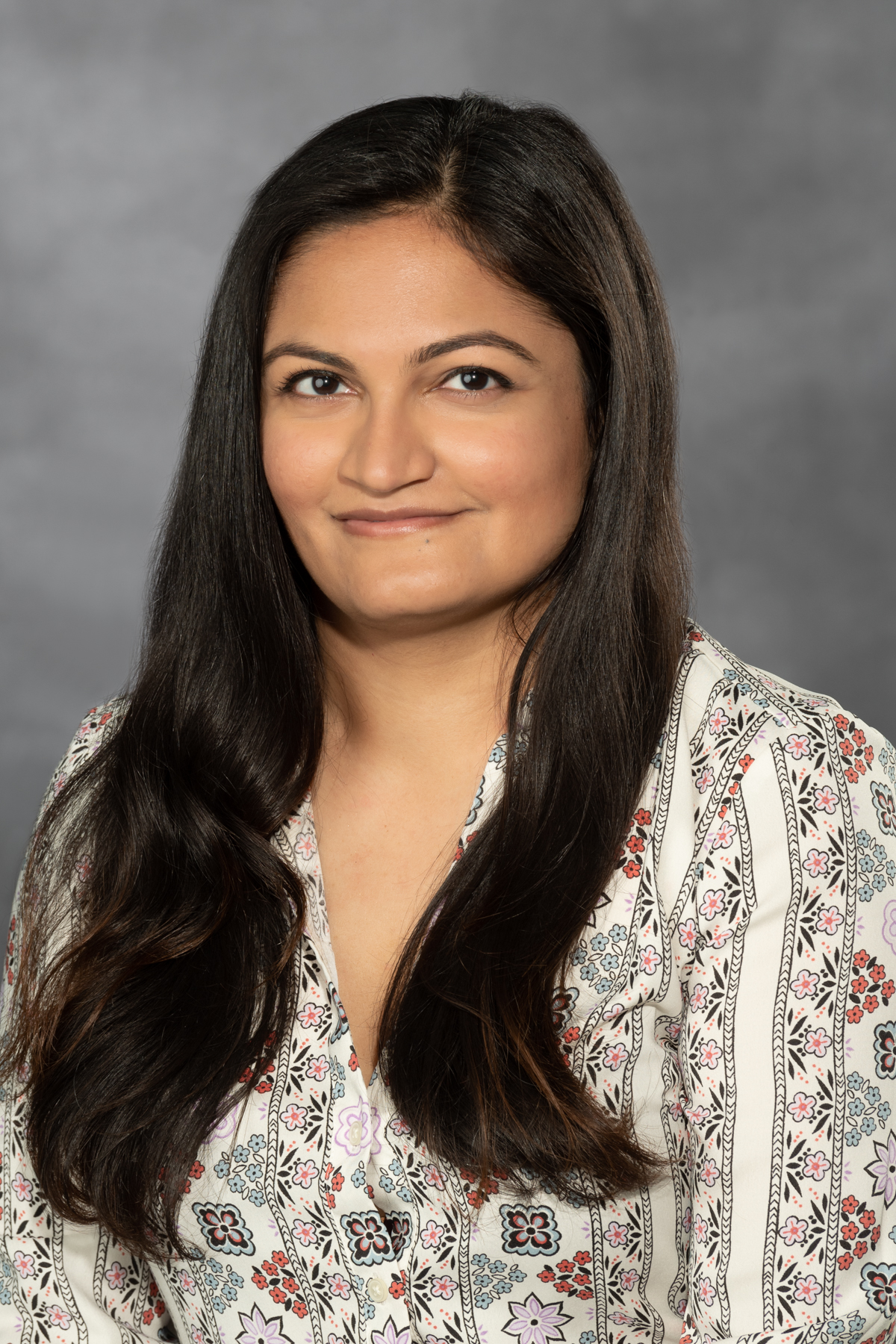
Phone: (804) 828-1215
Email: syals@vcu.edu
Office Location: Raleigh Building Rm. 3019
Shruti Syal, Ph.D.
Assistant Professor
Urban and Regional Studies and Planning
EXPERTISE
- Social-Ecological Systems (SES)
- Urban informality, Urban ecology, Water and Waste Management
- Complex Adaptive Systems (CAS)
- Mixed Methods Research
Shruti Syal is an Assistant Professor at the Wilder School of Public Affairs at Virginia Commonwealth University. She holds a BSc in Biology from McGill University, a MSc in Environmental Studies from The Energy & Resources Institute, and a PhD in Regional Planning from the University of Illinois Urbana Champaign. She studies cities as integrated human-environment systems, focusing on water and waste dynamics, infrastructure, institutions, and “informality”. Her dissertation established environmental remediation of the river Yamuna and “slum” upgradation in Delhi as interdependent goals, challenging the dichotomies that plague planning practice in Indian cities, and received the ACSP Gill-Chin Lim Award for Best Dissertation in International Planning (2019).
WEBSITE:
The Blue Lab
CURRENT RESEARCH:
One project is exploring how to couple decentralized sanitation infrastructure and environment planning agendas to “slum” upgradation in rapidly urbanizing megacities. Geographic focus: Delhi, India.
RESEARCH TEAM: Michael O'Grady (PPAD '23), Adelaide Alexander (MURP '24), Callie Houghland (MURP '24), Elena Johnson (BURP '22)
UPCOMING PUBLICATIONS:
Syal, S. (2022). Overregulated and Underserved: regulatory overlap in infrastructure and service provision in Delhi's drain-adjacent 'informal' settlements. Manuscript in preparation.
Syal, S. (2022). (Unprivileged) Polluter Pays: a biophysical profile of pollution in Delhi's drain-adjacent 'informal' settlements. Manuscript in preparation.
(research underway) Actor Network Map for sanitation and green infrastructure in Delhi's self-built settlements.
(research underway) Suitability Analysis for green infrastructure coupling sanitation and drain remediation in Delhi's self-built settlements.
Another (newer) project involves developing a conceptual framework that integrates four bodies of literature (systems, hazards, socioeconomic vulnerability, public policy theory) to link urban vulnerability, risk, and resilience in a way that is applicable by planners and policy-makers.
RESEARCH TEAM: James McConville (PPAD '24)
RECENT & UPCOMING PUBLICATIONS:
Syal, S. (2021). Learning from pandemics: Applying resilience thinking to identify priorities for planning urban settlements. Journal of Urban Management, 10(3), 205-217. Available open access here.
McConville, J. & Syal, S. (2022). Resilience thinking in policy and planning: linking Complex Adaptive Systems, Social-Ecological Systems and public policy theory. Manuscript in preparation. [Being presented on November 4, 2022, at the 62nd Annual Association of College Schools of Planning (ACSP) Conference in Toronto, Canada]
CURRENT TEACHING:
URSP 332: Environmental Management (Fall 2021, Spring 2022)
URSP 650: Natural Resources and Environmental Planning (Fall 2020, Fall 2021, Fall 2022)
URSP 515: Watersheds Planning and Governance (Spring 2021, Spring 2023)
URSP 681: International Urban Policy and Planning (Spring 2023)
She is also currently using a VCU Library Affordable Course Content Award to beta test Open Educational Resources (OERs) for URSP 650. These are nine highly scaffolded, applied learning assignments that will be the core learning component of the weekly modules. These include skill-building exercises teaching the use of open access databases and web tools for analyses, and the guided exploration and evaluation of selected case studies on the Lincoln Institute Case Study Library and International Planning Case Studies Project. Student work completed under these OERs will be showcased in an open access website that will also serve as a space for multiple cohorts to build on each others' work, and to spawn future collaborative work on these cases. This website < prototype coming in 2023 > is a collaboration with Dr. Bernadette V. Baird-Zars.